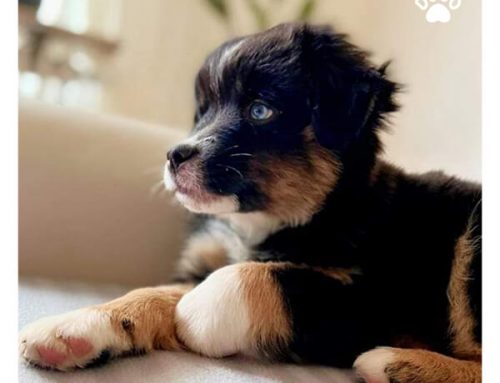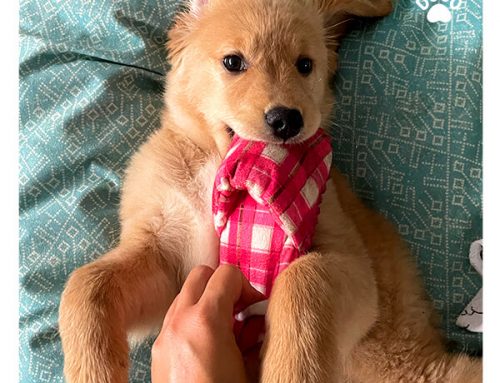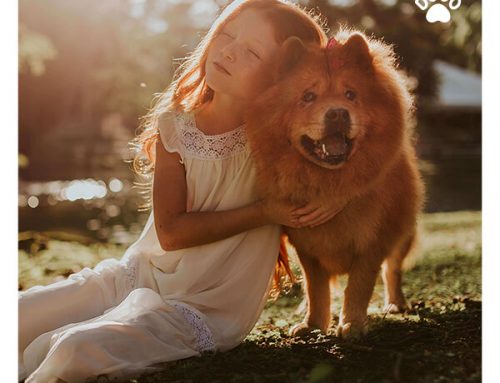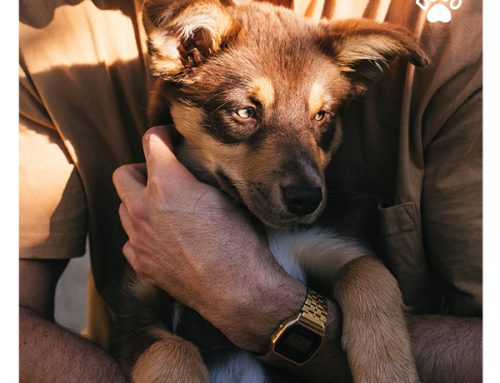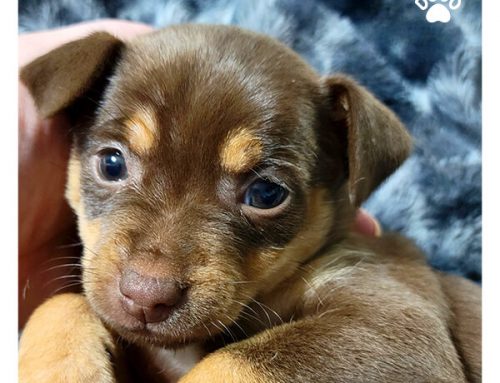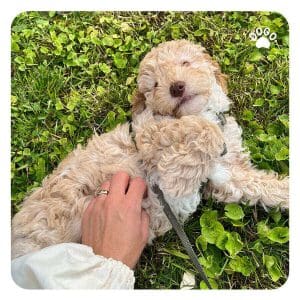
You can also read this article in Dogo App.
The best time to start dog house training is between 7,5 and 8,5 weeks. At this stage, puppies have sufficiently developed their senses of smell and coordination and will create a chosen substrate preference. Do not delay the dog house training for longer than ten weeks of age. After the puppy is ten weeks of age, fear starts to develop, and he or she can be uncomfortable to eliminate in a new environment, e.g., outside.
A Rule or an Exception?
A dog is fully housebroken if they had at least one month without any accidents at home. Of course, if you leave your dog for longer than 12 hours or change their diet, and they have an upset stomach, these are some exceptions, and the dog simply didn’t have access to the toilet. Some other medical conditions such as urinary, renal infections can also change the dog’s behavior, and if you see that the elimination has intensified, please contact a veterinary doctor.
However, even after a month without accidents, it is crucial to maintain consistency in your puppy’s potty training routine. Keep taking your dog outside frequently, especially during the initial months of house training. Also, remember that some dogs may take longer to be fully housebroken than others. If your puppy still has accidents after a month, do not get discouraged. Instead, continue with the training routine, and be patient with your furry friend.
When to Expect the Dog to be Clean?
If you have had a puppy since their young age, they should be potty trained by seven months of age. If you adopted an adult dog from a street or shelter, very likely that they will not be house trained. Dogs that have been roaming free are used to eliminate outside without any inhibition. They will have to learn to distinguish between indoor and outdoor. Apply the same training method as for puppies.
However, it is important to note that each dog is unique and may require different amounts of time and effort to be fully housebroken. For instance, some breeds or individual dogs may take longer to develop the necessary bladder control or may be more stubborn during training. Therefore, as a puppy parent, it is essential to be patient and consistent with your training routine.
How Often Should a Puppy for Potty and When?
A general rule of thumb is a puppy of 1 month can hold their bladder for 1 hour, two months – 2 hours, etc. Your dog should not be left alone for longer than 6 hours without a potty break. Until they reach four months, most dogs need two breaks during the night and one toilet break or none after they get four months and older. However, this is just a rule. The best would be to observe your dog and log their bowel movements together with the time they ate. This way, you will observe if taking your dog every 2 hours is enough or too little.
To be successful in potty training, it is crucial to have a consistent schedule. Take your puppy outside 15 to 30 minutes after eating, or immediately the puppy wakes up or after an intensive playtime. Puppies have a fast metabolism and a small bladder, so they must go frequently.
Therefore, it is crucial to pay attention to your puppy’s individual needs and to adapt your training routine accordingly. For instance, if you notice that your puppy needs to go potty more frequently than the general guideline suggests, you may need to take him or her outside more frequently. Similarly, if your puppy seems to be able to hold their bladder for longer than expected, you may be able to extend the time between potty breaks. By observing your puppy’s needs and adapting your training routine accordingly, you will be able to potty train your furry friend more effectively and efficiently.
Potty training in dogs is a lot about predictable, frequent access to outside. The time you invest now will pay off in a long friendship later.
Create a Personalized Training Plan for your Dog


